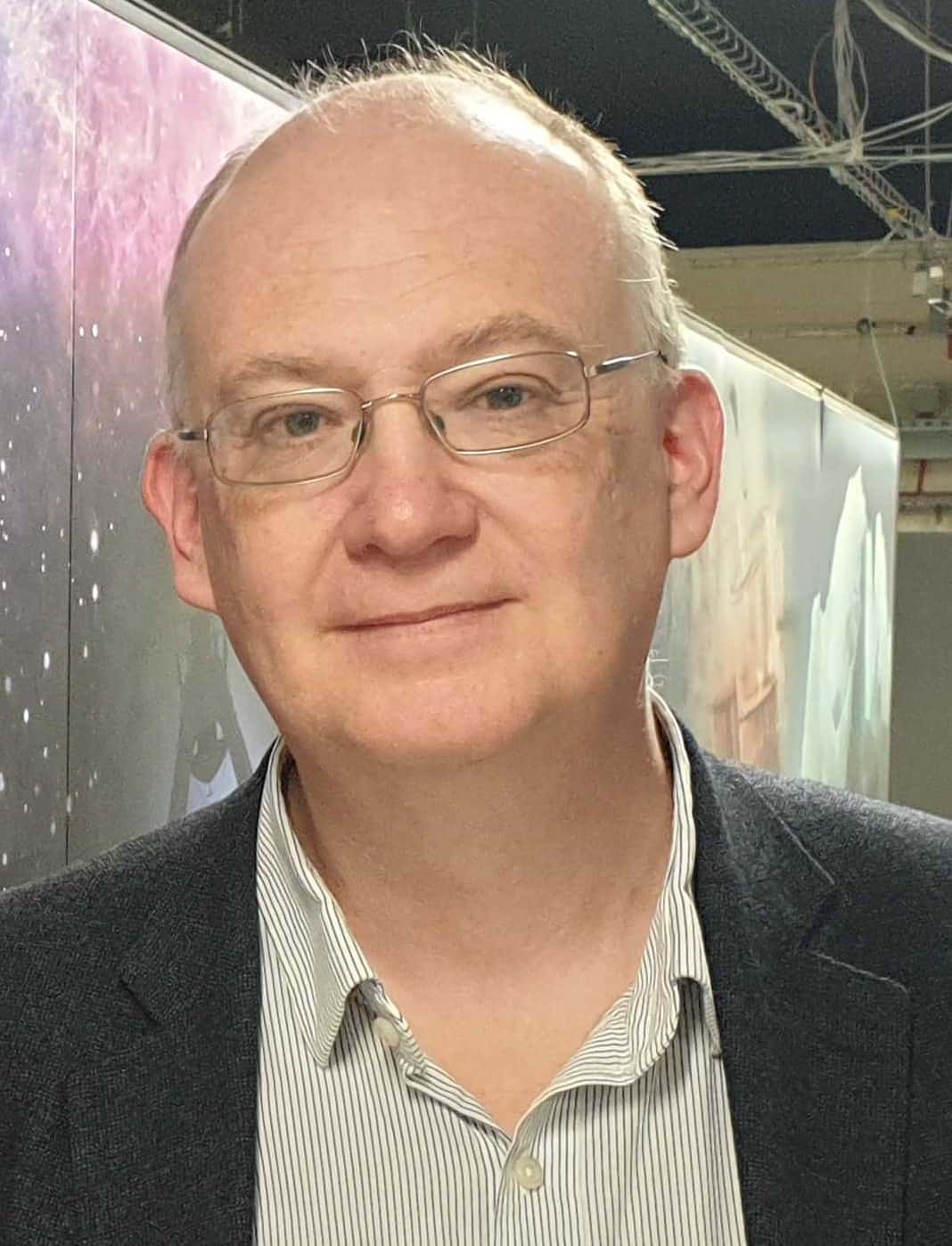
Dr. Brian Matthews has over 30 years experience in research computing, working in a variety of areas, including formal methods for software engineering, the semantic web and distributed infrastructure. He has focussed on research and development into systems to manage data from large-scale scientific programmes, in particular the ever-increasing volumes generated by advanced analytic facilities, such as the Diamond Synchrotron Light Source, and the ISIS Neutron and Muon Source.
Brian currently leads the DAFNI and Data Science and Technology Group, in the Scientific Computing Department of the UK’s Science and Technology Facilities Council www.scd.stfc.ac.uk, concentrating on R&D into advance management, curation and analysis of scientific data. He manages the DAFNI project www.dafni.ac.uk, developing an integrated data and modelling platform for research into the engineering of infrastructure systems. He also works in European and other programmes, including hosting the Physical Science Data-science Service www.psds.ac.uk, a national service provisioning access to data for researchers in the Physical Sciences, and the new EC project DOME on data marketplace ecosystems.
Brian has also been engaged in the European Open Science Cloud programme, building a common data infrastructure for European Research. He was part of the coordination team of the EOSC-Pilot project, and has had leading role in a number of other EOSC projects, including FREYA, and FAIRsFAIR. He currently leads a work- package on Enabling FAIR Data in the ExPaNDS project www.expands.eu, working with national facilities on EOSC integration. He was a member of the Architecture WG of the EOSC Executive, where he co-chaired the development of the EOSC Policy on Persistent Identifiers.
FAIR Policies and Practices in EOSC
The FAIR principles (Wilkinson et al., 2016) offer guidelines on delivering research data that is accessible and reusable, while allowing the rights of researchers to be respected. They have become a central concept in the development of research infrastructure, and in particular the European Open Science Cloud, an effort to federate research e-infrastructures across Europe and beyond into a common data ecosystem. The EOSC has coordinated the development of policy and practises to encourage the publication and use of FAIR data. However, how these principles can be realised in practise for researchers working in particular research areas remains a subject of further exploration.
In this presentation, we shall discuss these aims and approach of the EOSC in advocating FAIR data. We shall further consider how these aims might be reflected in the research practise of scientists working in physical sciences. In particular, we shall present the work of the ExPaNDS project in enabling FAIR data from experimental science undertaken at national facilities, working across the physical and materials sciences. This would include considering how FAIR data can be propagated across the research lifecycle, what policies, tools, and practises would support the generation and use of FAIR data, and the role of data management planning.